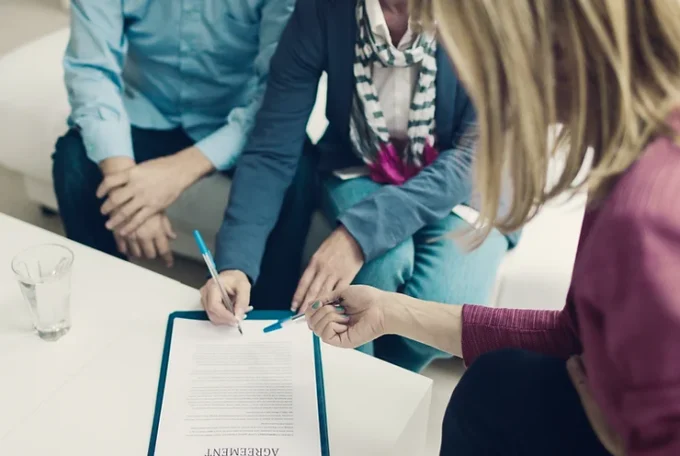The term “without prejudice” is a common law rule that enables the opposing parties to negotiate without fear that adverse inferences may be drawn from what they say during settlement negotiations, whether written or oral. Under this rule, statements made by the parties with a view of resolving or narrowing a dispute will be inadmissible as evidence before the court.
The without prejudice privilege is also restated through the Uniform Evidence Act (“the Act”) in those jurisdictions that have enacted the legislation. See for example section 131 (1) of the Act.
It’s also important to note that the without prejudice privilege is not a rule that the parties must agree on. It’s a rule that can be activated by a single party unilaterally. If a party to a dispute marks their communication without prejudice, then that communication so long as it is made with the view of resolving the dispute will be inadmissible in evidence. If the opposing party in response, wishes to then exist the realm of without prejudice, that party must openly communicate that their response is by way of open communication and that they wish to not to rely on the without prejudice privilege. Absent this statement, the response, even if not without prejudice, may be deemed to be without prejudice as it is made in response to a without prejudice communication.
The rules of without prejudice privilege can be summarised as follows:
- The privilege only applies to circumstances where there is some dispute between the parties.
- The privilege will apply regardless of whether there are proceedings currently on foot, but proceedings must at least be anticipated.
- The communications must be for the genuine purposes of attempting to resolve a dispute or part of a dispute.
- A “take it or leave it” offer may still be protected by the privilege.
- A statement in the form of an offer does not cease to be for the genuine purpose of settlement merely because it is unlikely that the other party will accept the offer.
- The privilege may also cover a communication in which there is no offer capable of acceptance.
- It is unnecessary for the party making the communication to compromise its position.
- A communication which merely identifies a claim and makes a demand is unlikely to be privileged.
- A mere letter of complaint by a customer to a business is unlikely to be privileged.
- The privilege is unlikely to apply to a letter containing improper threats and assertions (Bhagat v Global Custodians Ltd [2002] NSWCA 160).
- Privilege may or may not apply to admissions of fact that is the main issue in dispute in proceedings (Wayman v Hilliard (1830) 131 ER 39 [40] per Bosanquet J; Field v Commissioner for Railways (NSW) (1957) 99 CLR 285).
- Without prejudice privilege may not apply if public policy requires it.
In Smith v Gould [2012] VSC 210, a solicitor wrote a series of letters each marked “without prejudice” to his client’s bank regarding a debt owed by the client. The solicitor was requesting the bank to accept a lesser sum from the client to discharge the debt on the basis that the client had limited financial capacity. At trial Dixon J found that the letters had not been labelled properly because they were not in connection with the settlement of a dispute. There was no dispute about liability and therefore the request for the bank to accept a lesser sum was not in connection with an offer to settle the dispute.
All forms of without prejudice communications will be protected so long as they relate to settlement negotiations or resolving or narrowing a dispute, except in relation to the making of a costs order in relation to the assessment of costs. In such cases, the offer should contain the express wording “without prejudice save as to costs”. Under common law, without such a caveat, the without prejudice rule may apply even in relation to the issue of costs. However, in those jurisdictions that have adopted the Uniform Evidence Act, the without prejudice communication may be adduced into evidence (regardless of whether or not it is marked “save as to costs”) if it is relevant to the issue of costs. See section 131 (2)(h) of the Act.
Without prejudice privilege protects the parties’ discussions made during settlement negotiations. The issue that many may have come across nowadays is that some opponents will have almost all their communications marked without prejudice. If a communication is critical and a party is abusing the without prejudice privilege, it’s important to seek advice as to whether such communication can be tendered as evidence.
Note: This is a general guide only. Circumstances may vary and advice should be sought about your specific circumstances.







